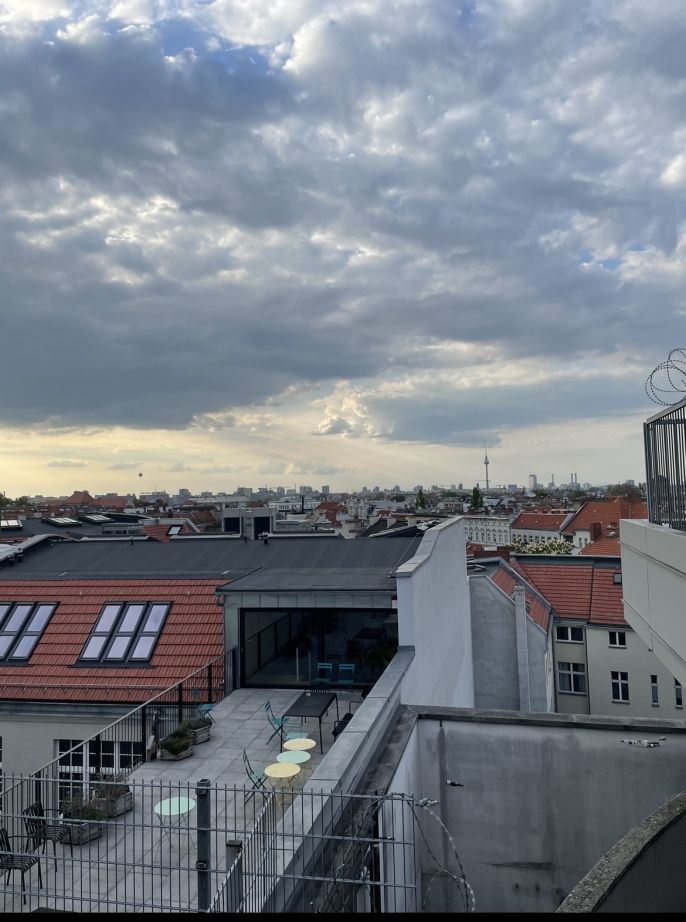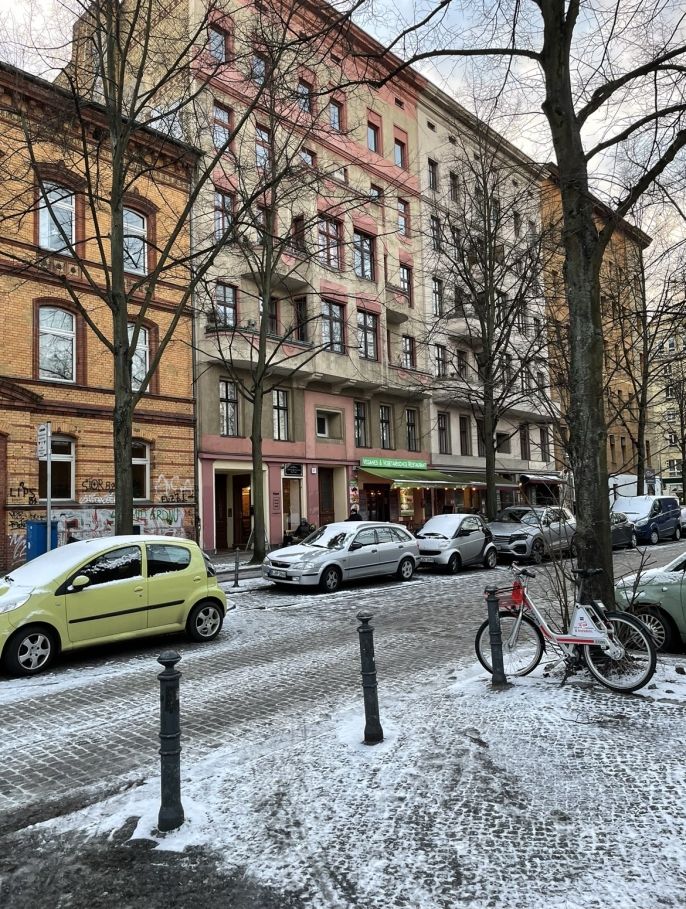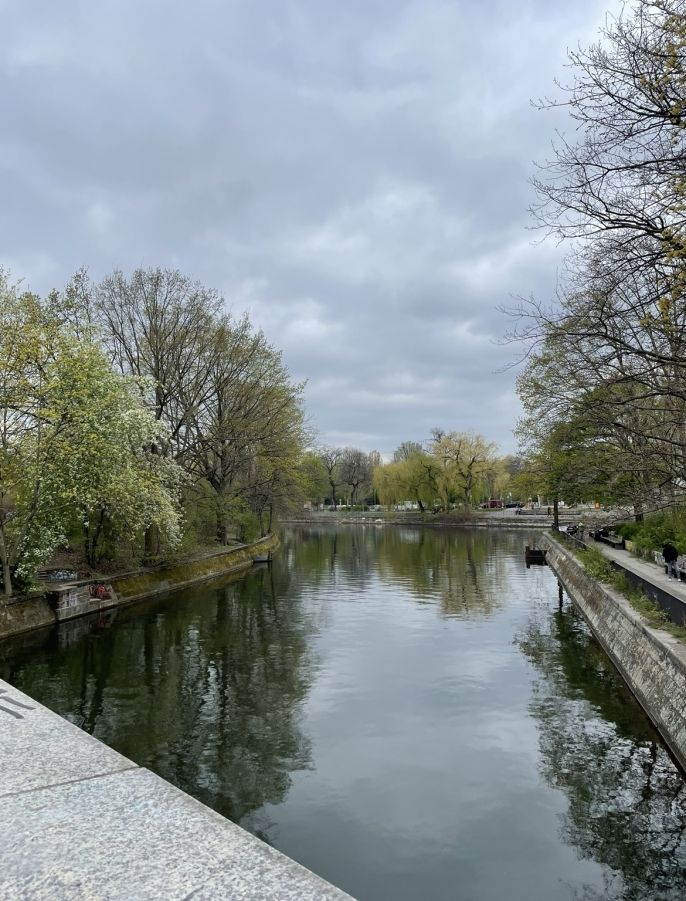Reflecting on Berlin and Sustainability
One of the things I was searching for in a study abroad program was a a host country with a component of sustainability. Most websites on the internet label Berlin as one of the most environmentally-friendly cities in the world. As a Sustainable Business co-major, I wanted a program that would offer sustainability courses and give me a new prespective on the subject.
After living in Berlin for a few weeks, there were many noticable differences to the way they approached sustainability compared to other cities in the U.S. One of the biggest differences was transportation. For such a large city, there didn't seem to ever be much traffic. Most people in Berlin walk, bike, or use public transportation. Almost every street in Berlin has wide bike lanes and barriers to protect the bikers. (It will definitely take a while to get used to checking for both bikes and cars when crossing the street!) I also noticed how much I relied on public transportation to get around compared to the U.S. I live in a suburb outside of Chicago, so if we are in the city at night, we often will have to Uber of get a ride home. I rarely used Uber in Berlin. The public transportation was extensive, safe, and ran most of the night. It was so cheap and convient, there was never a time where it would make more sense for me to order a ride. It was refreshing to be in a city that was developed around accessibility and walkability.
The two sustainability courses I was able to take abroad helped me gain a deeper understanding of Germany's approach to sustainability. The observations in Berlin's infrastructure I had noted previously were not random. Berlin, like many other German cities, was developed with sustainability in mind. The development focused on key sustainable features like walkability/accessability, greenspaces, and multi-use buildings. All of these aspects made Berlin more sustainable, but to me, the biggest factor is the collective mindset of the people. Every initative in Berlin works because the people believe in sustainability. The recycling program works because people take the time out of their day to sort it, and really care. There are so many thriftshops in the area because people want to reduce their consumption and buy second-hand.
Seeing how another country approaches a topic like sustainability is one reason why studying abroad was so valuable. I was able to understand a different way of thinking and bring it back home with me. The little habits I picked up abroad, like using reusable bags when I shop or walking everywhere, I will continue to do. No matter where I end up living, I'll be bringing a small piece of Berlin with me.
Related Posts

CIEE Study Abroad Housing Options: Everything You Need to Know
If you’re considering a study abroad program, it’s likely that you’re also thinking about your housing options! While you’re anticipating exciting courses and foreign country exploration, having a better understanding... keep reading
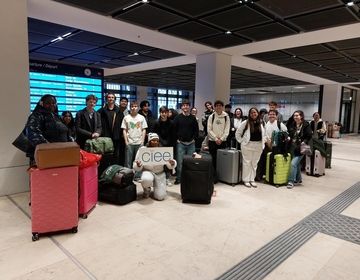
New Year, New Role, Same Berlin!
This month, we look at the current spring semester from the perspective of one of our new staff members.
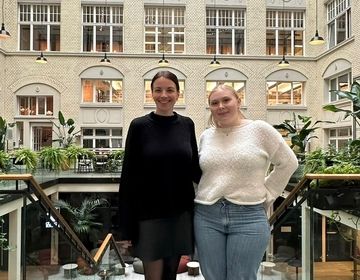
Internship Spotlight: Jordyn Forni at Fyrce Care
Meet Jordyn Forni, one of our Open Campus Fall 2025 students! Jordyn has been in Berlin since August, completing both Block I and II. During her time here, she interned at Fyrce Care, a Berlin-based startup and digital platform focused on fertility and reproductive awareness.
